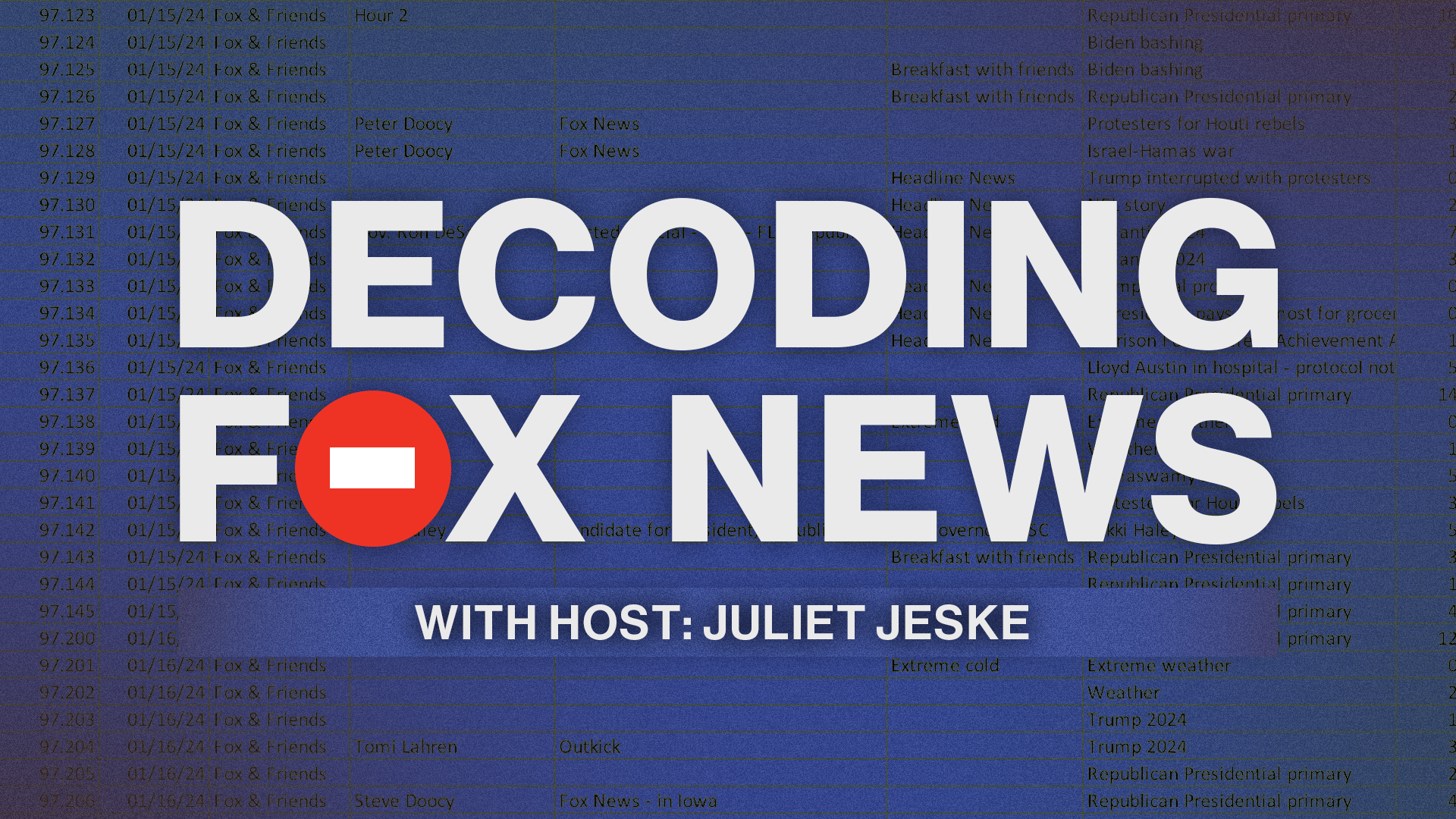*Read all of David's writing and watch his fantastic videos at Pepperspectives!
By David Pepper
Boy have people been walking the plank in recent days.
Apparently, Trump made it clear that he was taking notes on who endorsed him by the Iowa Caucus. So one by one, from Marco Rubio and other Senators to former Governor and Presidential candidate Doug Burgum to Ohio’s LG Jon Husted, they stepped down to the end of that plank and jumped right off—endorsing Trump for President.
In a similar way, we’re also seeing leading Republicans who’d endorsed Haley or DeSantis now quick to say that of course they’d vote for Trump over Biden. Take Governor Chris Sununu of New Hampshire, who’s spent years cultivating a brand that he’s more reasonable than the Trump wing of the party. Heck, a year ago, at a dinner, Sununu even called Trump “f-ing crazy”—later saying that “[t]his is not the Donald Trump of 2016. Don’t fool yourself…he doesn’t have the energy.” But now, Sununu apparently thinks “f-ing crazy” would still be better than Joe Biden. Kim Reynolds, Iowa Governor and a big DeSantis backer, said the same thing yesterday.
On the one hand, the whole sight is pathetic. Out of cowardice or ambition, or both, so many who know better are shredding their principles to endorse a man guilty of so much wrongdoing, including attacking democracy and our Constitution itself in front of the entire nation.
But it’s actually more than just pathetic.
As I explain in the video above, if you look at history—and the pattern of how authoritarians rise to power—kowtowing and enabling by more trusted elites in their own party are essential first steps. And therefore they are among the first tasks on the autocrat-wannabe’s “to do” list.
Let me quote my friend Ruth Ben-Giat, one of our country’s foremost experts on authoritarianism, from her must-read book “Strongmen”:
“Elites are the authoritarian’s most important promoters and collaborators. Afraid of losing their class, general or race privileges, influential individuals bring the insurgent into the political system, thinking he can be controlled as he solves their problems….Once the ruler is in power, elites strike an ‘authoritarian bargain’ that promises them power and security in return to loyalty to the ruler and toleration of his suspension of rights. Some are true believers, and others fear the consequences of subtracting their support, but those who sign on tend to stick with the leader through gross mismanagement, impeachment, or intentional humiliation.” (page 14)













